African Union
The African Union's Continental AI Strategy sets the stage for a unified approach to AI governance across the continent.

Artificial intelligence (AI) has made enormous strides in recent years and has increasingly moved into the public consciousness.
Subscribe
We encourage you to subscribe to receive AI-related updates.
Explore Trendscape Our take on the interconnected global trends that are shaping the business climate for our clients.
Increases in computational power, coupled with advances in machine learning, have fueled the rapid rise of AI. This has brought enormous opportunities, as new AI applications have given rise to new ways of doing business. It has also brought potential risks, from unintended impacts on individuals (e.g., AI errors harming an individual's credit score or public reputation) to the risk of misuse of AI by malicious third parties (e.g., by manipulating AI systems to produce inaccurate or misleading output, or by using AI to create deepfakes).
Governments and regulatory bodies around the world have had to act quickly to try to ensure that their regulatory frameworks do not become obsolete. In addition, international organizations such as the G7, the UN, the Council of Europe and the OECD have responded to this technological shift by issuing their own AI frameworks. But they are all scrambling to stay abreast of technological developments, and already there are signs that emerging efforts to regulate AI will struggle to keep pace. In an effort to introduce some degree of international consensus, the UK government organized the first global AI Safety Summit in November 2023, with the aim of encouraging the safe and responsible development of AI around the world. The EU is also implementing the first comprehensive horizontal legal framework for the regulation of AI systems across EU Member States (the EU AI Act is addressed in more detail here: AI watch: Global regulatory tracker - European Union, and you can read our EU AI Act Handbook here).
Most jurisdictions have sought to strike a balance between encouraging AI innovation and investment, while at the same time attempting to create rules to protect against possible harms. However, jurisdictions around the world have taken substantially different approaches to achieving these goals, which has in turn increased the risk that businesses face from a fragmented and inconsistent AI regulatory environment. Nevertheless, certain trends are becoming clearer at this stage:
Businesses in almost all sectors need to keep a close eye on these developments to ensure that they are aware of the AI regulations and forthcoming trends, in order to identify new opportunities and new potential business risks. But even at this early stage, the inconsistent approaches each jurisdiction has taken to the core questions of how to regulate AI is clear. As a result, it appears that international businesses may face substantially different AI regulatory compliance challenges in different parts of the world. To that end, this AI Tracker is designed to provide businesses with an understanding of the state of play of AI regulations in the core markets in which they operate. It provides analysis of the approach that each jurisdiction has taken to AI regulation and provides helpful commentary on the likely direction of travel.
Because global AI regulations remain in a constant state of flux, this AI Tracker will develop over time, adding updates and new jurisdictions when appropriate. Stay tuned, as we continue to provide insights to help businesses navigate these ever-evolving issues.
The African Union's Continental AI Strategy sets the stage for a unified approach to AI governance across the continent.
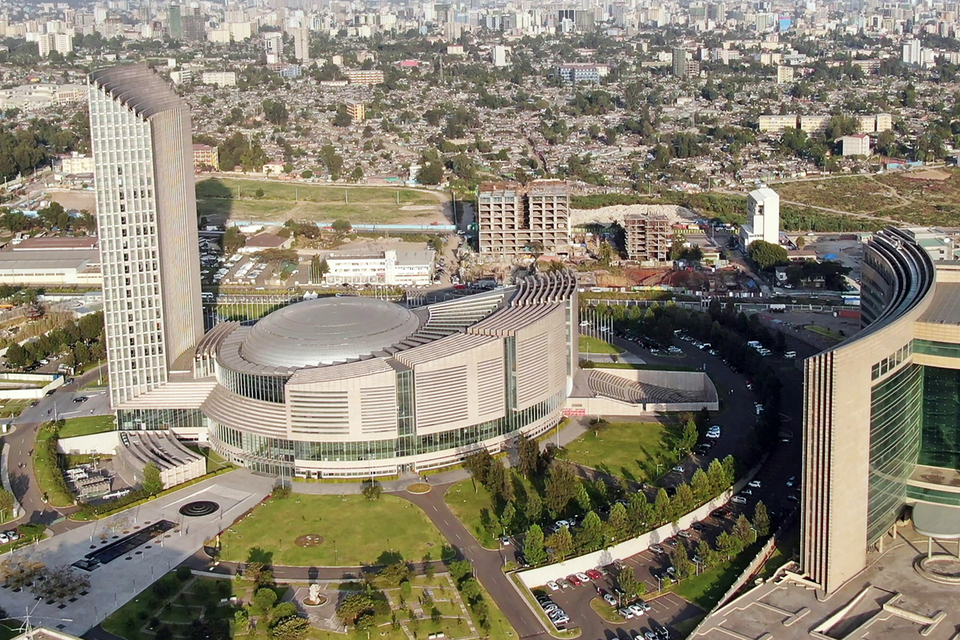
Voluntary AI Ethics Principles guide responsible AI development in Australia, with potential reforms under consideration.

The enactment of Brazil's proposed AI Regulation remains uncertain with compliance requirements pending review.

AIDA expected to regulate AI at the federal level in Canada but provincial legislatures have yet to be introduced.

The Interim AI Measures is China's first specific, administrative regulation on the management of generative AI services.

Despite congressional activity on AI in Colombia, regulation remains unclear and uncertain.

The Council of Europe is developing a new Convention on AI to safeguard human rights, democracy, and the rule of law in the digital space covering governance, accountability and risk assessment.
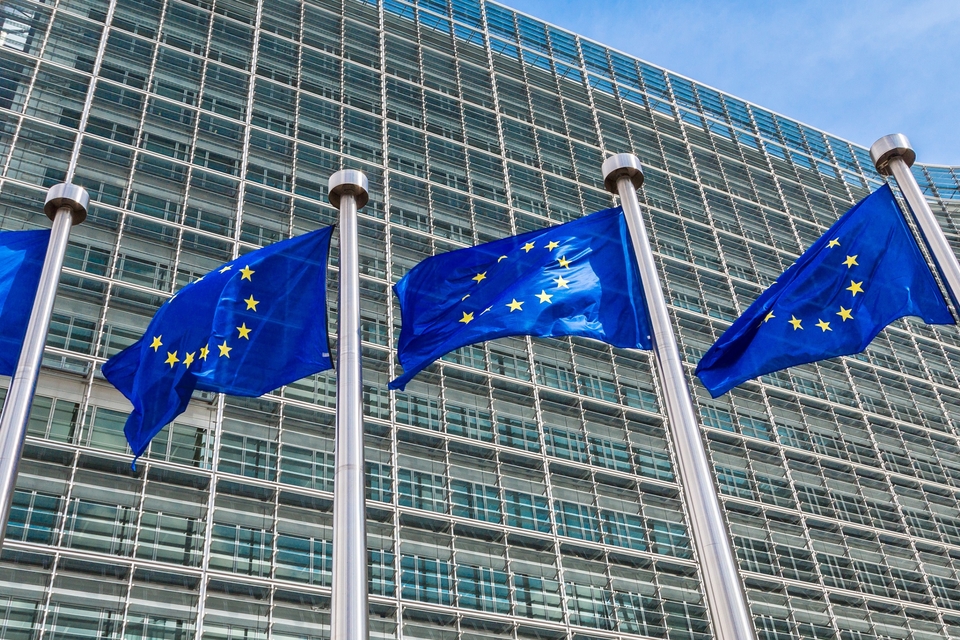
The successful implementation of the EU AI Act into national law is the primary focus for the Czech Republic, with its National AI Strategy being the main policy document.

The EU introduces the pioneering EU AI Act, aiming to become a global hub for human-centric, trustworthy AI.
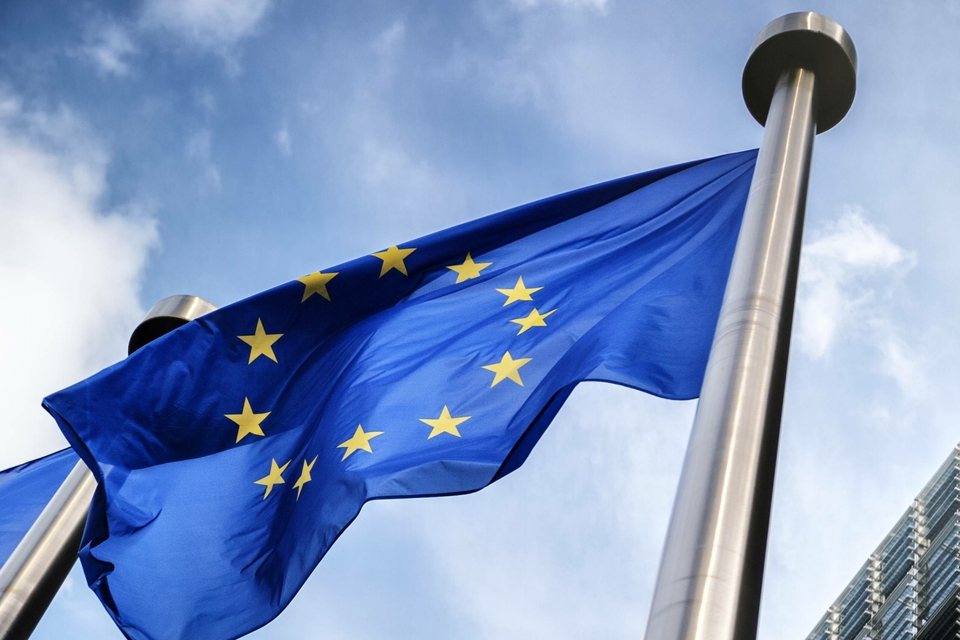
France actively participates in international efforts and proposes sector-specific laws.

The G7's AI regulations mandate Member States' compliance with international human rights law and relevant international frameworks.
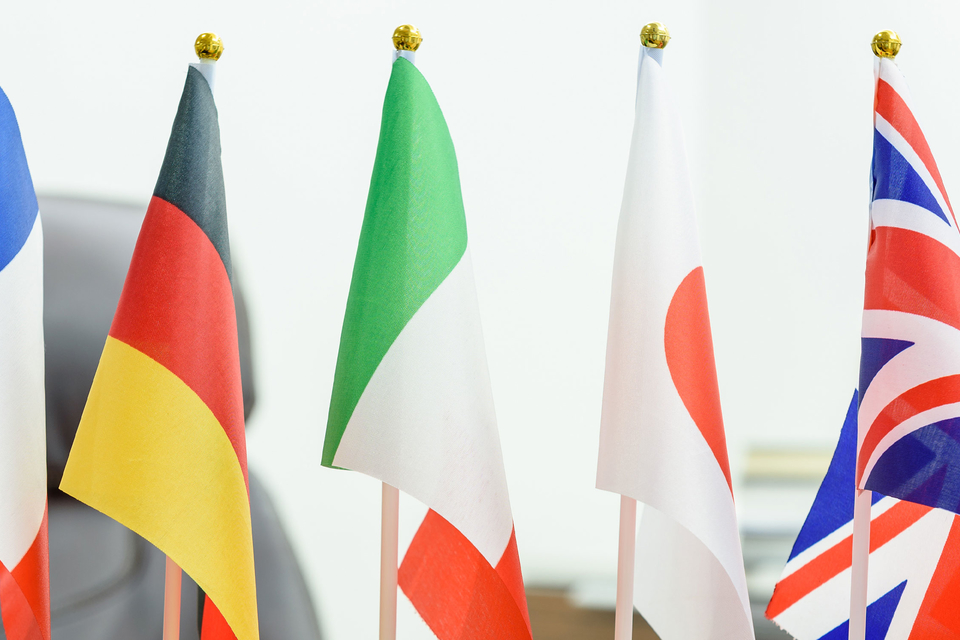
Germany evaluates AI-specific legislation needs and actively engages in international initiatives.

Hong Kong lacks comprehensive AI legislative framework but is developing sector-specific guidelines and regulations, and investing in AI.

National frameworks inform India’s approach to AI regulation, with sector-specific initiatives in finance and health sectors.

Israel promotes responsible AI innovation through policy and sector-specific guidelines to address core issues and ethical principles.


Japan adopts a soft law approach to AI governance but lawmakers advance proposal for a hard law approach for certain harms.

Kenya's National AI Strategy and Code of Practice expected to set foundation of AI regulation once finalized.

Nigeria's draft National AI Policy underway and will pave the way for a comprehensive national AI strategy.

Position paper informs Norwegian approach to AI, with sector-specific legislative amendments to regulate developments in AI.

The OECD's AI recommendations encourage Member States to uphold principles of trustworthy AI.
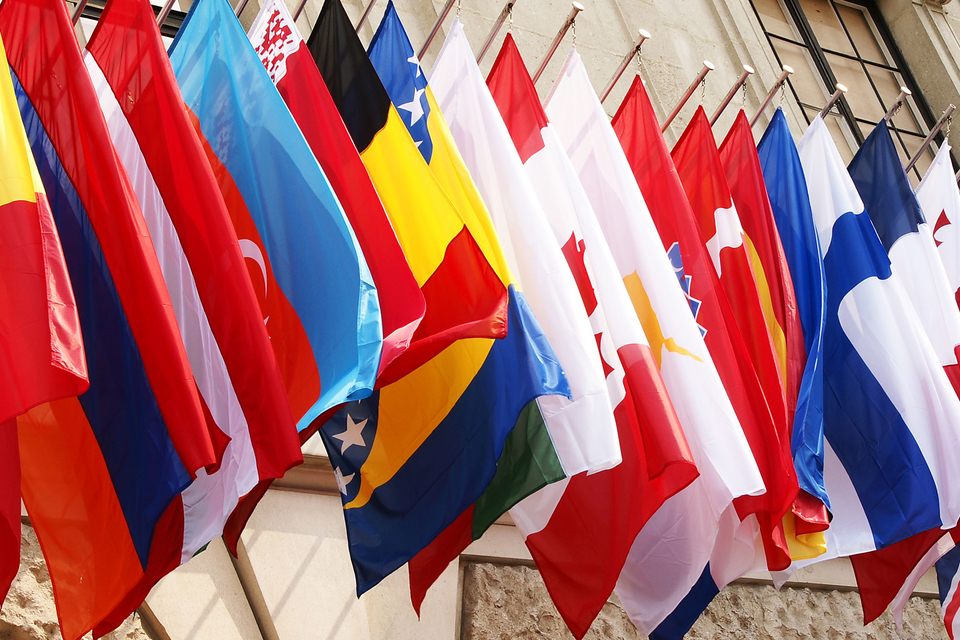
Saudi Arabia is yet to enact AI Regulations, relying on guidelines to establish practice standards and general principles.

Singapore's AI frameworks guide AI ethical and governance principles, with existing sector-specific regulations addressing AI risks.

South Africa is yet to announce any AI regulation proposals but is in the process of obtaining inputs for a draft National AI plan.

South Korea's AI Act has been promulgated as the fundamental body of law governing AI.

Spain creates Europe's first AI supervisory agency and actively participates in EU AI Act negotiations.

Switzerland's National AI Strategy sets out guidelines for the use of AI, and aims to finalize an AI regulatory proposal in 2025.

Draft laws and guidelines are under consideration in Taiwan, with sector-specific initiatives already in place.

Turkey has published multiple guidelines on the use of AI in various sectors, with a bill for AI regulation now in the legislative process.

Mainland UAE has published an array of decrees and guidelines regarding regulation of AI, while the ADGM and DIFC free zones each rely on amendments to existing data protection laws to regulate AI.

The UK prioritizes a flexible framework over comprehensive regulation and emphasizes sector-specific laws.

The UN's AI resolutions encourage Member States to adopt national rules to establish safe, secure and trustworthy AI systems and create forums to advance global cooperation, scientific understanding, and share best practices.
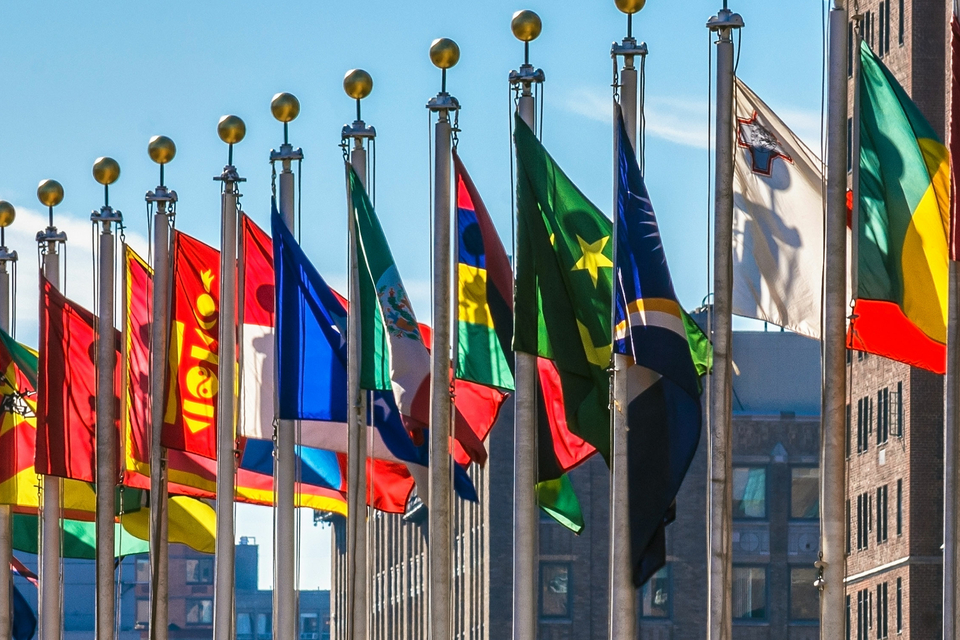
The US relies on existing federal laws and guidelines to regulate AI but aims to introduce AI legislation and a federal regulation authority.


France actively participates in international efforts and proposes sector-specific laws.
Currently, there are no specific laws, statutory rules, or regulations in France that directly regulate AI. France is not expected to enact its own comprehensive AI regulation because (as for all EU Member States) the EU AI Act will fulfill this function. However, France is likely to regulate AI on a sector-specific basis. For example:
The EU AI Act is addressed separately here: AI watch: Global regulatory tracker - European Union, and our EU AI Act Handbook is available here.
As noted above, there are currently no specific laws or regulations in France that directly regulate AI, and the EU AI Act applies to France from August 1, 2024. However:
There are various laws that do not directly seek to regulate AI, but may affect the development or use of AI in France. A non-exhaustive list of key examples includes:
These French laws are not specifically intended to regulate AI but may have an impact on the development or use of AI in France.
As noted above, there are no laws that directly regulate AI in France. Accordingly, there is currently no single legally recognized definition of "AI" in France.
Nonetheless, the sector-specific developments outlined above may provide some indication as to how France may, in the future, legally define "AI":
As noted above, France is not expected to enact its own comprehensive national AI regulation. Accordingly, any specific territorial scope would be limited to the sector-specific developments identified above. For example:
As noted above, France is not expected to enact its own comprehensive national AI regulation. Nevertheless, and as noted above, there have been sector-specific developments:
As noted above, France is not expected to enact its own comprehensive national AI regulation.
Nevertheless, the CNIL has issued guidance aimed at providers, operators, and end-users of AI systems.12 These parties would also be required to comply with the obligations set out in the proposed IPC amendment.13
The national strategy promotes aims to equip France with competitive research capabilities, and to disseminate AI technologies throughout the economy. Students are encouraged to train themselves, and all concerned individuals will need to place education among the best internationally in AI research and training. Similarly, developers or deployers of AI systems will have to promote their dissemination, notably through the development of trusted and high-performing solutions.
As noted above, there are currently no specific laws or regulations directly governing AI in France. The EU AI Act introduces its own system of risk categorization. However:
As noted above, France is not expected to enact its own comprehensive national AI regulation.
Nevertheless, regarding the sector-specific development:
The CNIL is expected to take a central role in the regulation and oversight of AI in France, having created a dedicated AI department and published an AI Action Plan.16
France has appointed a "national coordinator for AI" who will be responsible for inter-ministerial coordination of the national AI strategy.
As noted above, France is not expected to enact its own comprehensive national AI regulation. Accordingly, enforcement and penalties relating to the creation, dissemination and/or use of AI are governed by: (i) the EU AI Act; and (ii) related violations in non AI-specific regulation.
In addition, Article 4 of the proposed IPC amendment imposes a tax on the operators of AI systems where a work is generated by AI based on another work with unidentifiable origins. The proposed IPC amendment also stipulates that this tax will be imposed on the company operating the artificial intelligence system used to generate the said "artificial work."17
1 The IPC's legislative proposal is available here.
2 The CNIL's AI Action Plan is available here; how-to sheets are available here; and guidance on developing, training, or using AI systems is available here.
3 The National AI Strategy is available here.
4 The French government's AI Booster France 2030 program is available here.
5 The AI-cluster action plan is available here.
6 The IPC's legislative proposal is available here.
7 The CNIL's AI Action Plan is available here; know-how sheets are available here; and guidance on developing, training, or using AI systems is available here.
8 The France government's AI Booster France 2030 program is available here, and the AI-cluster action plan is available here.
9 The IPC's legislative proposal is available here.
10 Please see here, objective 3: "Federal and support innovative players in the AI ecosystem in France and Europe".
11 The CNIL's AI Action Plan is available here.
12 Guidance on developing, training, or using AI systems is available here.
13 The IPC's legislative proposal is available here.
14 The CNIL's AI Action Plan is available here. The CNIL's four key objectives are: (i) understanding the functioning of AI systems and their impacts for people; (ii) enabling and guiding the development of AI that respects personal data; (iii) federating and supporting innovative players in the AI ecosystem in France and Europe; and (iv) auditing and controlling AI systems and protecting people.
15 The IPC's legislative proposal is available here.
16 The CNIL's AI Action Plan is available here.
17 The IPC's legislative proposal is available here.
White & Case means the international legal practice comprising White & Case LLP, a New York State registered limited liability partnership, White & Case LLP, a limited liability partnership incorporated under English law and all other affiliated partnerships, companies and entities.
This article is prepared for the general information of interested persons. It is not, and does not attempt to be, comprehensive in nature. Due to the general nature of its content, it should not be regarded as legal advice.
© 2024 White & Case LLP